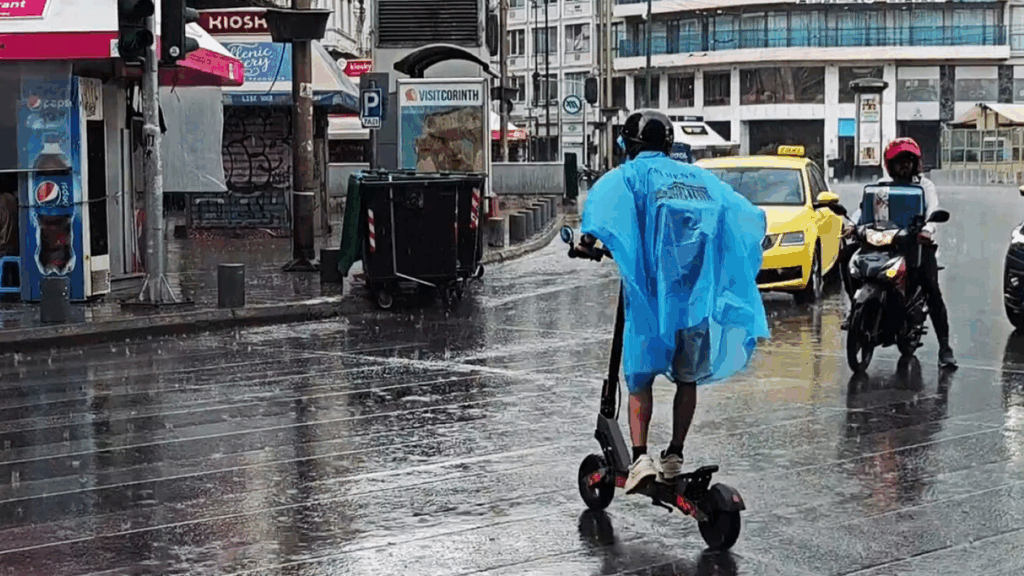Tethys’ “second chance”: How dozens of Greek hotels were saved from bad loans
Source: Tornos News
Managing “bad” hotel loans is one of the most difficult issues for Greek tourism. Many accommodations, especially small and medium-sized ones, found themselves over-indebted after the financial crisis, as a result of which they risked being lost through auctions. The case of the “Tethys” portfolio, managed by SMERemediumCap, shows that there is another path – that of agreement and restructuring, which can give a real “second chance” to hoteliers and businesses.
A challenging portfolio
In 2022, SMERemediumCap acquired a portfolio of non-performing hotel loans worth around €260 million from Intrum. The portfolio included 70 hotels across Greece, from Epirus and Halkidiki to Crete and the Cyclades. Most of the units were small or medium-sized, often old, without access to a beach and with limited commercial value.
Managing such a portfolio was extremely demanding. The easy solution would have been to launch mass auctions. Instead, SMERemediumCap followed a different strategy, investing in working with debtors and finding sustainable solutions.
Negotiation instead of auctions
In collaboration with the Laskaridis and Brown groups, and with Intrum remaining the portfolio servicer, SMERemediumCap sought agreements with the hoteliers, through arrangements, refinancings and repurchases of the loans from them. The logic was to keep the hotels “alive” and to safeguard jobs.
This approach, although time-consuming, seems to have paid off. Today, almost all the hotels in the portfolio are operating normally, with a total of over 2,700 rooms and employing more than 2,000 employees. Solutions have already been found for 85% of the loans, while a large part of the claims have been repaid or settled.
The numbers behind the investment
From an investment perspective, the return on the venture was high. Within two years, 100% of the initial capital has been returned to investors, while the average annual return exceeds 16%. The financing was provided with the support of the National Bank, combining bank lending and equity, a practice rarely applied in the Greek market.
However, for the tourism industry, the most interesting element is not the numbers, but the fact that dozens of hotel businesses have managed to recover. In several cases, renovation investments, reopenings or collaborations with new managers were made, allowing the units to stand on the market again.
A model that changes the discussion on “red” loans
The Tethys case shows that “red” loans do not necessarily lead to loss of assets. When there is a willingness to cooperate, a realistic assessment and a plan for the future, conditions can be created that benefit both sides, investors and hoteliers.
At the same time, this example reminds us that servicers and funds must operate with transparency and social sensitivity, especially in a sector like tourism that supports tens of thousands of families.
At a time when tourism is called upon to move from seasonality to sustainable development, such initiatives show that the “second chance” is not just an economic term, it can also be a survival tool for hundreds of Greek hotels.
The original article: belongs to Tornos News .

